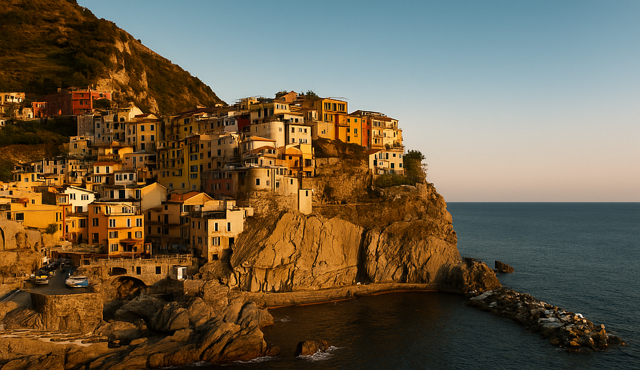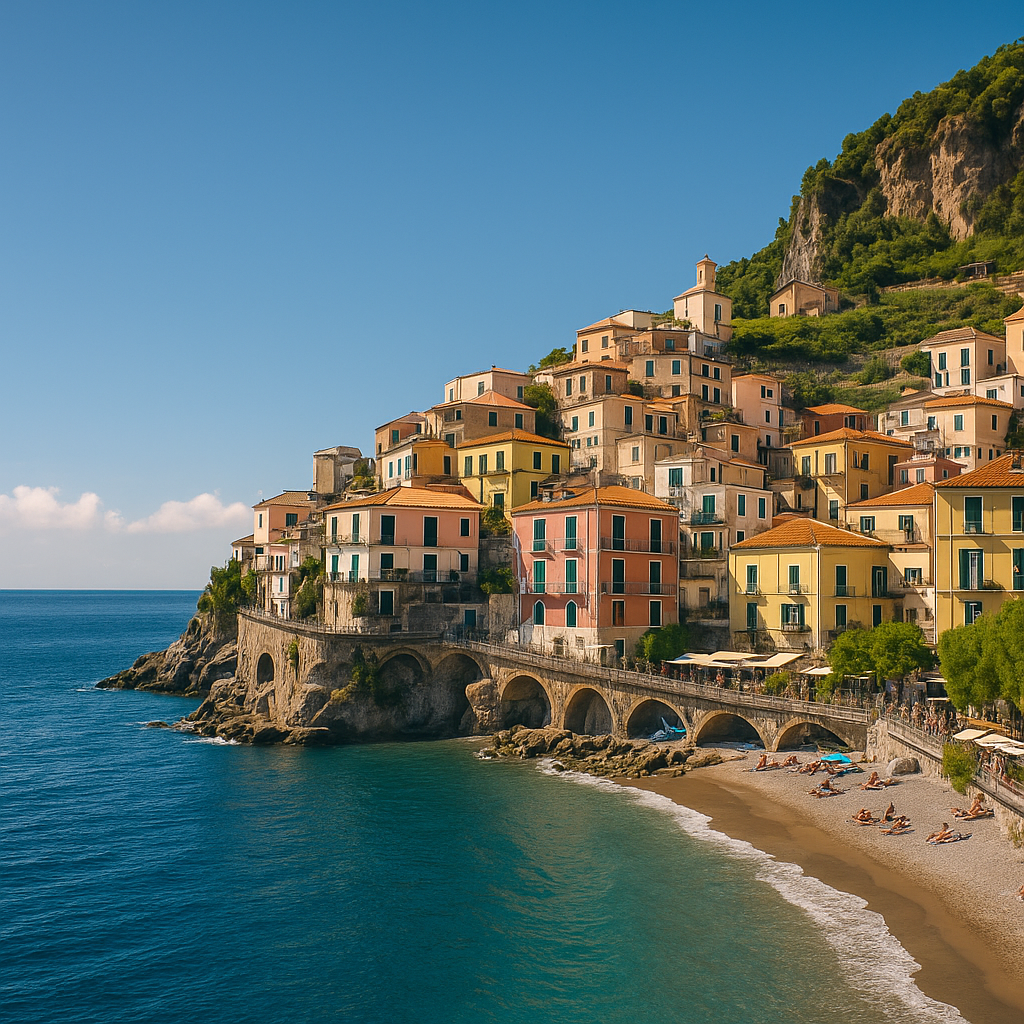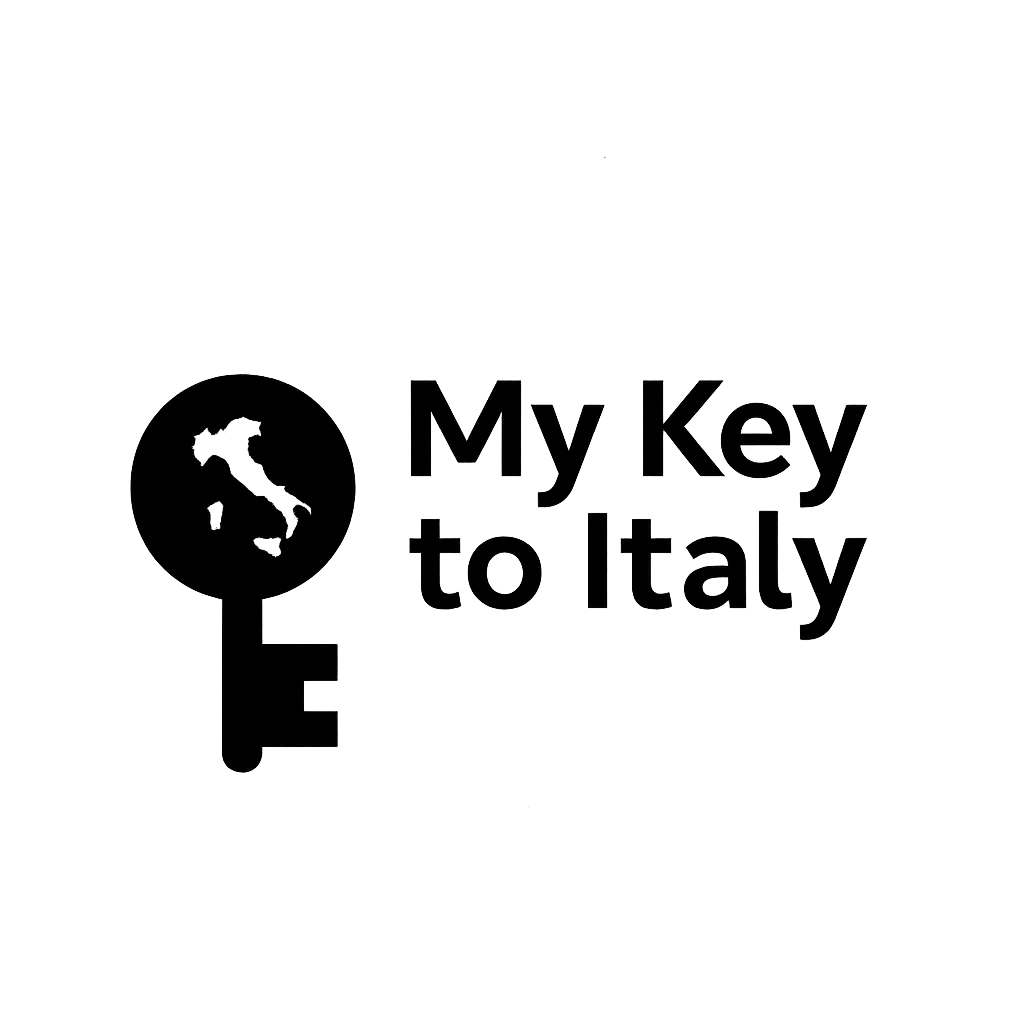
Step by step guide for International Buyers
Introduction
Italy is one of the most desirable destinations for international property buyers. Whether it’s for the lifestyle, the climate, or as a long-term investment, thousands of foreigners successfully purchase homes in Italy every year.
“If you’re thinking about buying property in Italy, this article is for you. Read until the end to discover the key steps and tips every foreign buyer should know.”
Go to section…
- 💭Buying a house in Italy is a dream shared by many
- 🏚️How easy it is to buy a property in Italy for a foreigner
- ➡️The steps to follow to Buy a Property in Italy
- ✅What is due diligence for
- 📃What is the Compromesso ( preliminary contract )
- ⏱️How long is it from the compromesso to the Rogito ( final deed )
- 📞📅Schedule a Call

Buying a house in Italy is a dream shared by many.
Interest has been steadily growing, especially in major art cities and popular holiday spots such as the seaside and the mountains.
But while the dream is inspiring, the process requires a clear understanding of legal steps and requirements.
This guide explains, step by step, how foreigners can safely buy property in Italy.
After all, many imagine la dolce vita: working less, eating well, and enjoying life. Of course, it’s not always that simple—some discover challenges too, but that’s another story 😊.

So, what makes Italy so special? Is it the gelato? The pizza and pasta? Yes—but also much more. To foreigners, Italy is often called Bel Paese (“Beautiful Country”), a classic poetic nickname earned thanks to its mild climate, breathtaking landscapes, rich culture, and history. Sunshine, the sea, and a unique geographic position make Italy unlike any other place. Even today, Italians still use Bel Paese as a synonym for Italy itself.
Buying Property in Italy, How easy is it?
It all sounds wonderful, but before diving in it’s essential to understand the rules. Buying a home in Italy isn’t just about finding your dream property—it’s also about knowing the correct procedures.
Can Foreigners Buy Property in Italy?
The short answer is Yes! Foreigners can absolutely buy property in Italy. How easy it is, however, depends on where you’re from:
- EU citizens (and those from the European Economic Area): free to buy without restrictions. Only need to make a Codice Fiscale ( an Italian personal service number)
- Non-EU citizens: also allowed, provided their country has a reciprocity agreement with Italy (examples include the USA, UK, Canada, and Australia
- Special visas: owning a property doesn’t automatically grant residency, but it can support certain visa applications.
👉 Once the required approvals are in place, the buying process is essentially the same for everyone.
How to Choose the Right Property

The first step is to decide where you want to buy. Do you dream of a vibrant city, a seaside retreat, or a quiet mountain escape? Your lifestyle, budget, and long-term goals should guide this decision.
The Steps to Buying Property in Italy
Step 1 – Define Your Needs & Budget
Before searching, clarify your purpose and set a realistic budget.
- Purpose: holiday home, retirement, rental investment, or relocation.
- Budget: consider not just the purchase price, but also extra costs such as:
- Notary fees (2–4%) calculated as a percentage of the purchase price – the higher the property value, the higher the fee.
- Registration tax (2–9%) or VAT if it’s a new build
- Agent commission (2–4%)
- Legal/translation services
💡 Example: for a property worth €200,000, you should budget roughly €10,000–€15,000 in additional costs (taxes, notary, agency, legal support, etc.).
Step 2 – Property Search
Foreign buyers usually rely on:
- Online portals (e.g., Idealista, Immobiliare.it)
- Local real estate agencies
- Buyer representatives like My Key to Italy, who work exclusively for the buyer to search, compare, and negotiate properties transparently.
Step 3 – Preliminary Checks (Due Diligence)
Due Diligence is the process of checking that the property is legally, financially, and structurally sound before you commit. It helps protect the buyer from unpleasant surprises.
What due diligence verifies:
- Land registry records (Catasto): confirm legal ownership of the property.
- Urban planning compliance: ensure there are no illegal constructions or building violations.
- Debts or mortgages: verifies if the property is free of outstanding loans or financial obligations.
💡 At this stage, professional support from a lawyer, architect, and translator is highly recommended
Step 4 – Making an Offer & Signing the Compromesso (preliminary contract)
👉 “Once the property passes due diligence checks and everything is clear, you can confidently move forward by signing the Compromesso (preliminary contract). This step confirms the agreement and allows you to secure the property with a deposit.”
Once the Compromesso (Preliminary Contract) is signed, a deposit ( usually 10–30% of the property’s value ) is paid.
- The compromesso (the preliminary contract) sets out conditions, deadlines, and penalties.
⚠️ If the seller withdraws, they must return double the deposit. If the buyer withdraws, the deposit is lost.
Step 5 – The Final Deed (Rogito)
“Once the Compromesso is signed and the deposit is paid, there is usually a waiting period of 1–3 months before the Rogito (final deed). During this time, final checks are completed, and the notary prepares the closing.”
The day of the Final Deed ( Rogito )👇:
- The sale is finalized before a Notary.
- Buyer and seller must be present (or represented via power of attorney).
- Foreign buyers who don’t speak Italian require a sworn translator.
- The final balance is paid,( along with registration tax paid directly to the Notary) and ownership is officially transferred.

After Purchase Care
Buying is only the beginning. Many foreigners also need assistance with:
- Setting up utilities (electricity, water, gas).
- Renovations or maintenance.
- Property management while abroad.
👉 At My Key to Italy, we provide complete After Purchase Care services so you can enjoy your new home without stress.
Conclusions
Buying a property in Italy as a foreigner is not only possible, it’s safe—provided you follow the correct steps: careful planning, legal checks, professional support, and the notary process.
With the right guidance, your dream of owning a home in Italy can become reality.

💡 Ready to start your journey? Book your free 15-minute consultation with My Key to Italy today.


Leave a Reply